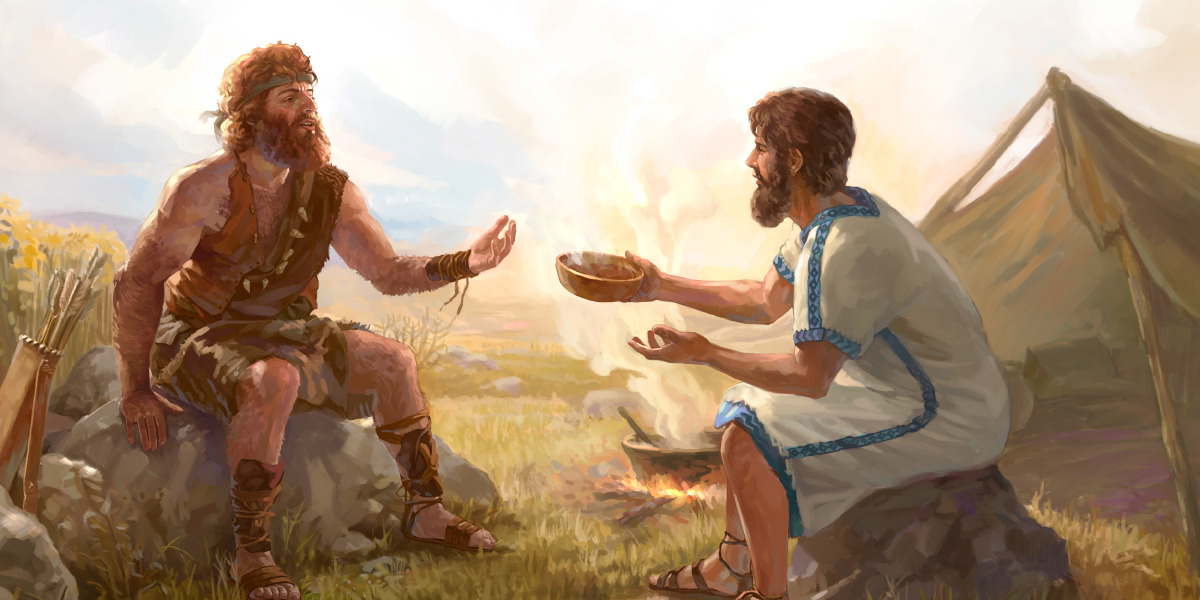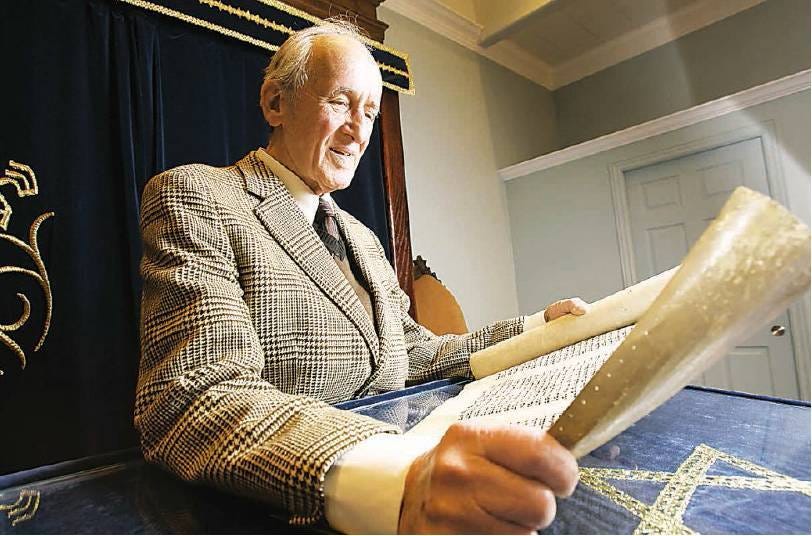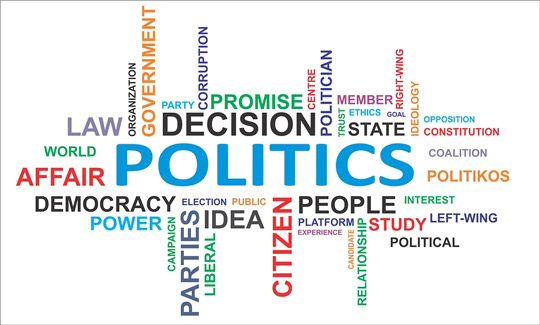What do people think about wearing a kippa in public?
About lighting a Hanukkah menorah in the public square?
What do we feel about sharing our feelings for our loved ones publicly?
About doing acts of kindness, or advocating for justice, in public ways?
I suspect some of us think it’s a great idea to be public about all manner of observance and behavior, Jewish or general, and others think, not so much. Or perhaps for most of us it depends on the issue at hand.
I want to reflect on the private/public dilemma of how we live our lives generally and how we navigate being Jewish. What do we keep private? What do we share publicly?
About lighting a Hanukkah menorah in the public square?
What do we feel about sharing our feelings for our loved ones publicly?
About doing acts of kindness, or advocating for justice, in public ways?
I suspect some of us think it’s a great idea to be public about all manner of observance and behavior, Jewish or general, and others think, not so much. Or perhaps for most of us it depends on the issue at hand.
I want to reflect on the private/public dilemma of how we live our lives generally and how we navigate being Jewish. What do we keep private? What do we share publicly?

















